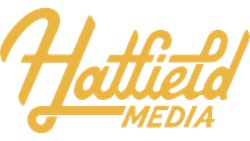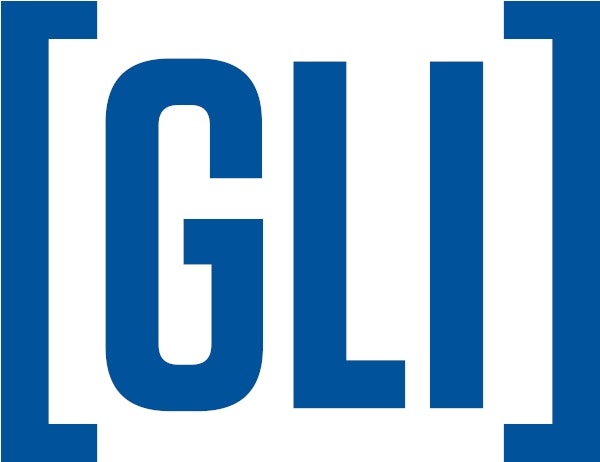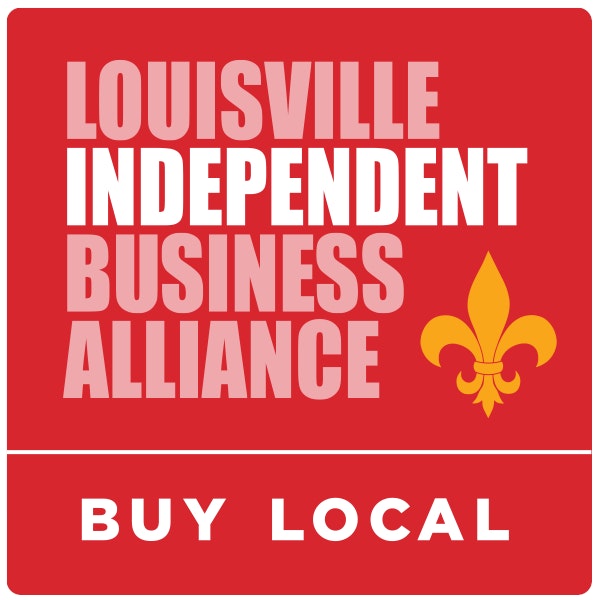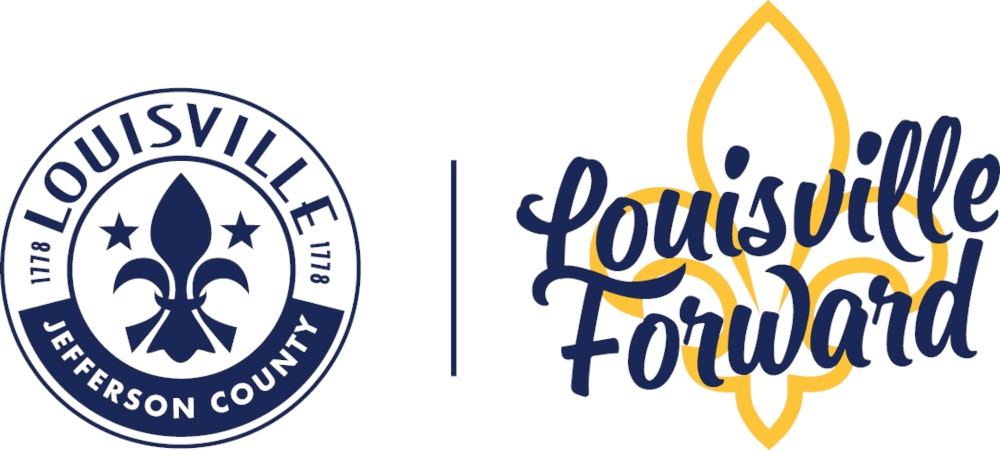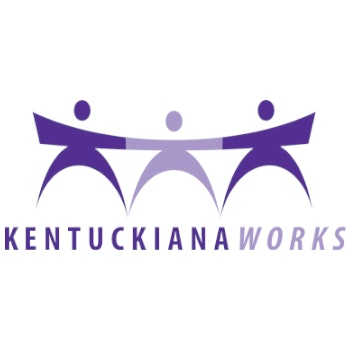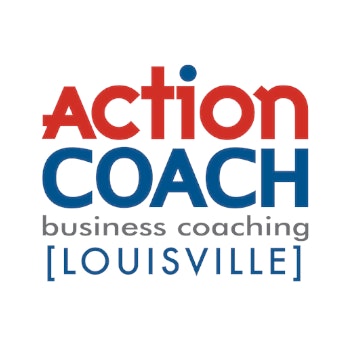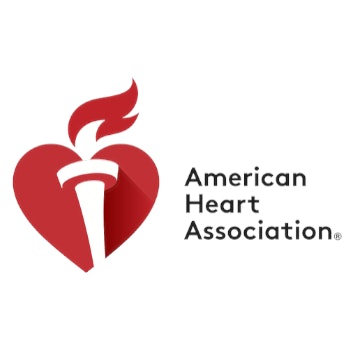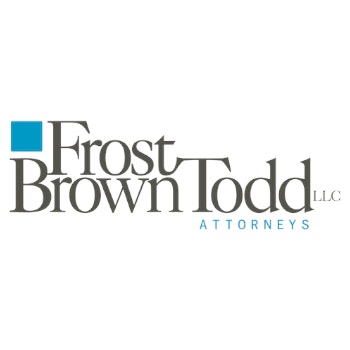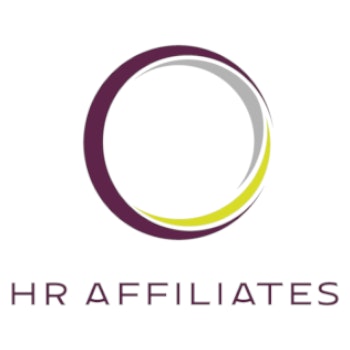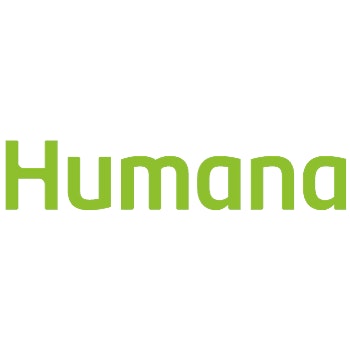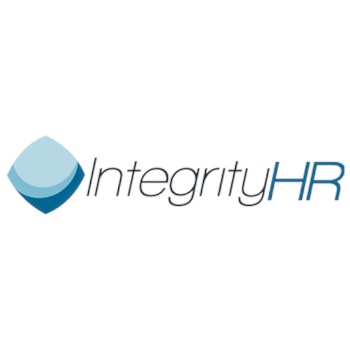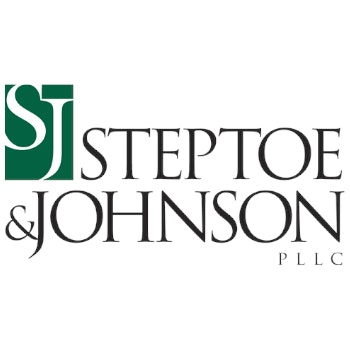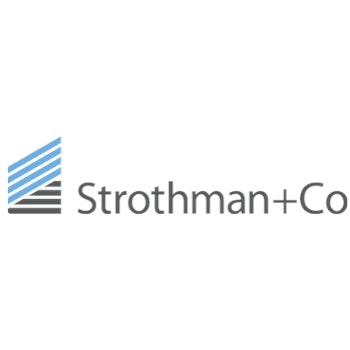The employer does not have an obligation to report confirmed cases with the CDC. Local health officials are mandatory reporters and will be following their prescribed protocol. We recommend communicating the following information to your employees:
We as a company are elevating our safety precautions. If you or anyone in your home is not feeling well, you MUST work from home or take the necessary time off if you are ill. In addition, we expect you to stay home for a minimum of two weeks after all symptoms have dissipated.
If you have reason to believe that you have been exposed to COVID-19, you will be required to self-report this to your manager. There will be no retaliation or employment decisions based upon your self-disclosure. However, we wish to be able to notify any colleagues, vendors, or clients with whom you have been in contact that they could have possibly been exposed. We will ask you to identify all individuals who worked in close proximity (three to six feet) with you in the previous 14 days to ensure we have a full list of those who should be notified and/or sent home. If this is necessary, it will be communicated such that your personal name and information are protected and will not be identified.
If you are in a client facing position that requires your onsite presence to complete service expectations, please evaluate each situation with your client to determine if CDC recommended social distancing practices are in place prior to your onsite visit. If you have an underlying condition that would make you at higher risk of COVID-19, please discuss with your manager so that alternate work arrangements can be made for you. You do not need to disclose what your underlying medical condition is – merely that you must further limit social interaction. Jennifer Wheatley, President, HR Affiliates
